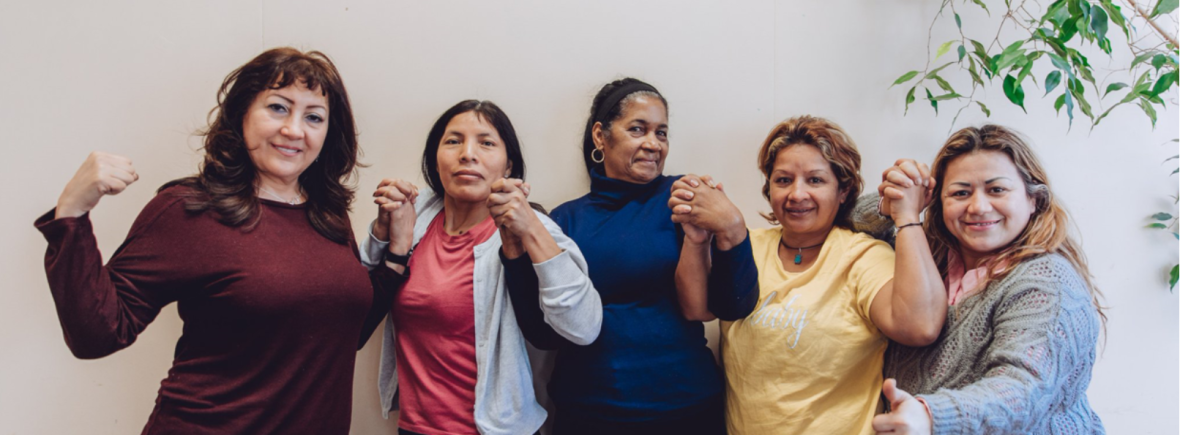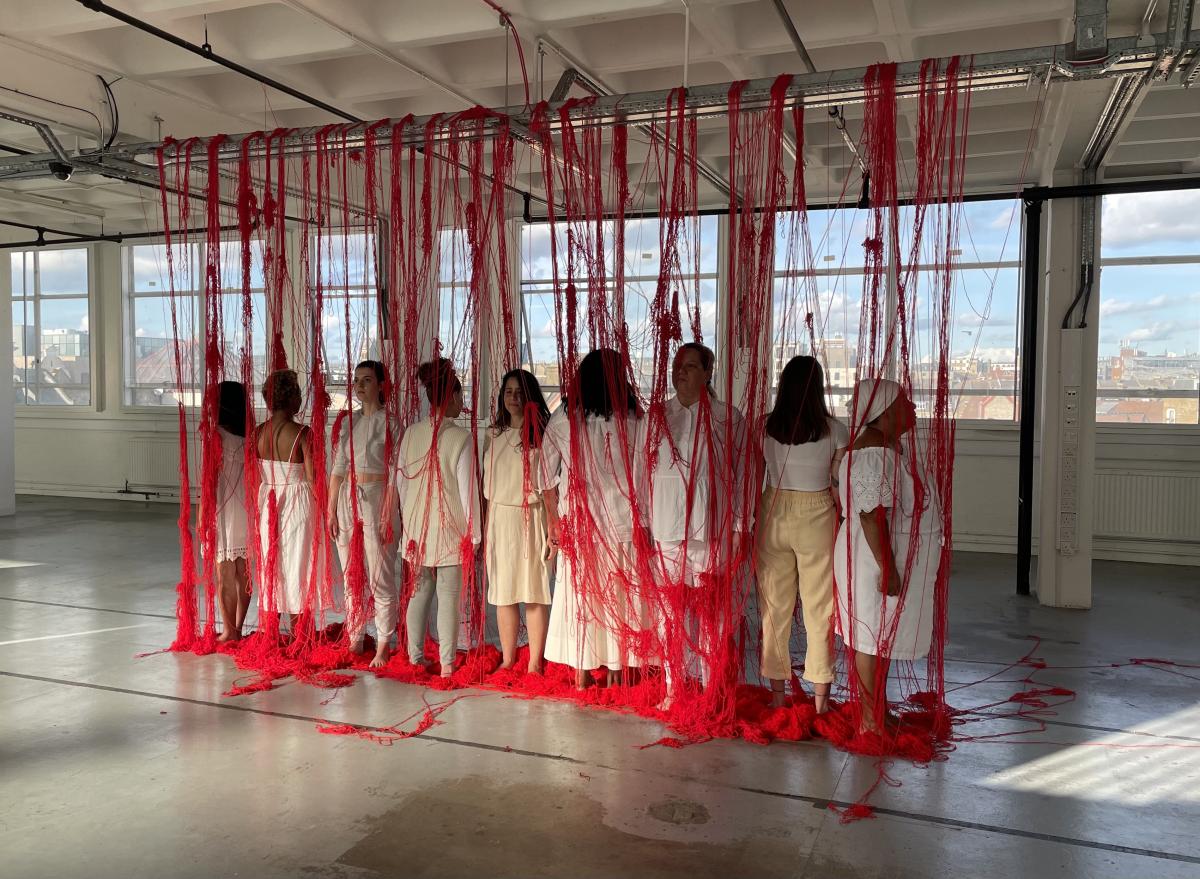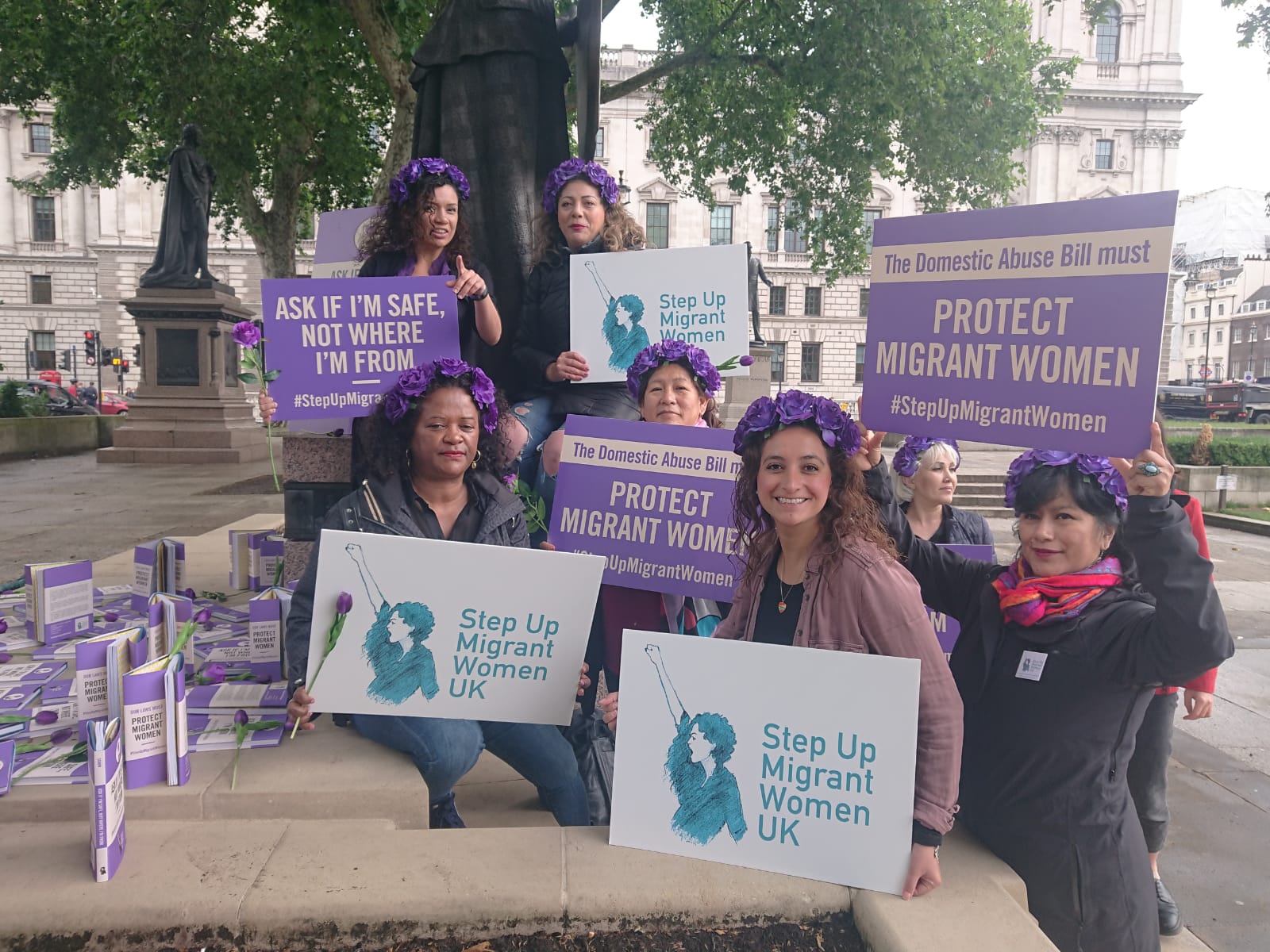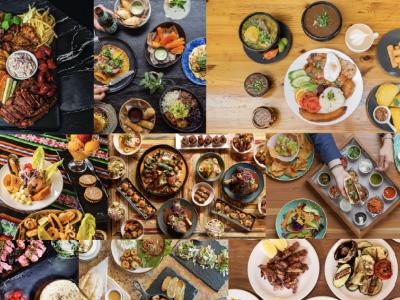Gil migrated to the UK from Brazil with her partner and two children. She entered the country as a tourist and subsequently became undocumented. When abuse escalated, Gil fled her home but was met with hostility by UK police.
In the UK, the failure of government policies and services to support survivors of domestic violence is very apparent in the Latin American community, who often face inequality in their daily lives - especially minoritised women, racialised women and those with insecure immigration status. Many women during the Covid lockdowns found themselves in a desperate situation.
Although Gil found the courage to run away from home when abuse escalated, because of her insecure immigration status she ended up homeless with a child in mid-December with no access to public funds or services.
“If you do not speak English, look different, or your immigration status is not regular, you will receive completely different treatment”, Elizabeth, from the Latin American Women’s Rights Service (LAWRS) in London, explains.
And Gil is not alone. According to research from Cathy McIlwaine of King’s College London, a key researcher on the project, over 82% of Brazilian women in London have experienced gender-based violence in their lifetime, with half of them experiencing some form of gender-based violence in London.

The UK government is failing vulnerable women
Although the UK government has pledged £3 million on finding out what can help stop violence against women and girls (VAWG) and £5 million on helping women to feel safe when they go out at night, many VAWG organisations claim migrant women’s needs are not included. They comment that for this strategy to actually deliver change, the government must cooperate with specialist groups experienced in working with survivors and perpetrators of gendered violence.
One such group is Latin American Women's Rights Service (LAWRS). Finding LAWRS changed Gil’s life. It offered her help after becoming homeless. It is these organisations that the government needs to support.
Gil now works on the group's Step Up Migrant Women Campaign to highlight the vulnerability of migrant women with insecure immigration status in situations of domestic abuse.
Within this campaign, Gil has become an inspiring promoter of change and transformation, speaking in parliament and publicly presenting evidence to support the development of the new Domestic Abuse Bill.
“If you don’t have the right to request emergency help from public services, how are you going to survive?” Gil asks.
Innovative strategies for resisting gender-based violence
Another organisation using creativity to combat violence is MinA (Migrants in Action),a community theatre group dedicated to Brazilian women living in London who have experienced any sort of gender violence. Through theatre, they create a safe space for women to share stories, identify violence and heal.
Also based in London, MinA provides a caring and dignified community space where women can share stories, identify different forms of violence and collectively heal. MinA also refers people to local services, like Latin American Women’s Aid (LAWA) and LAWRS.

As artistic director, Carolina Cal deploys different theatre techniques during the group’s meetings to help everyone relax and gain the confidence to open up.
“‘We believe every woman has something to say, we just need to ensure a safe space to listen,” Carolina says. These techniques, as well as helping survivors to understand and break cycles of violence, also allow migrant women to build a sense of community.
Learning from Latin American women
It is innovative strategies like these - combining aid services, shelter, artistic therapy and campaigning - that help to address the large spectrum of gendered violence and the different ways it affects women, according to their different identity markers.
A woman’s skin colour, sexual orientation, immigration status, class and other social factors affect her vulnerability. Cathy McIlwaine’s research shows that women of mixed race in Brazil and the UK are more likely to experience violence (63 per cent) than white women (44 per cent).
Understanding gendered violence as an intersectional issue, MinA and LAWRS offer culturally-specific support to women and girls. They also provide constructive policy suggestions, in an aim to protect women across the whole of the United Kingdom.
Women Resisting Violence holds up these Latin American women’s initiatives as inspiring examples of resistance, and aims to promote Latin American women working on VAWG as experts in their field - with plenty of insight to offer policymakers in the UK.
At this critical moment when policy makers are seriously considering approaches to violence against women and girls, it is crucial that we listen closely to those affected by gendered violence and those working to end it. Latin American women, amongst other migrant women in London, must be recognised as key changemakers within this fight.
The above women speak on the new podcast Women Resisting Violence, The podcast will be available in English, Spanish and Portuguese from November 25 on all major streaming platforms or on the project website, wrv.org.uk/podcast















